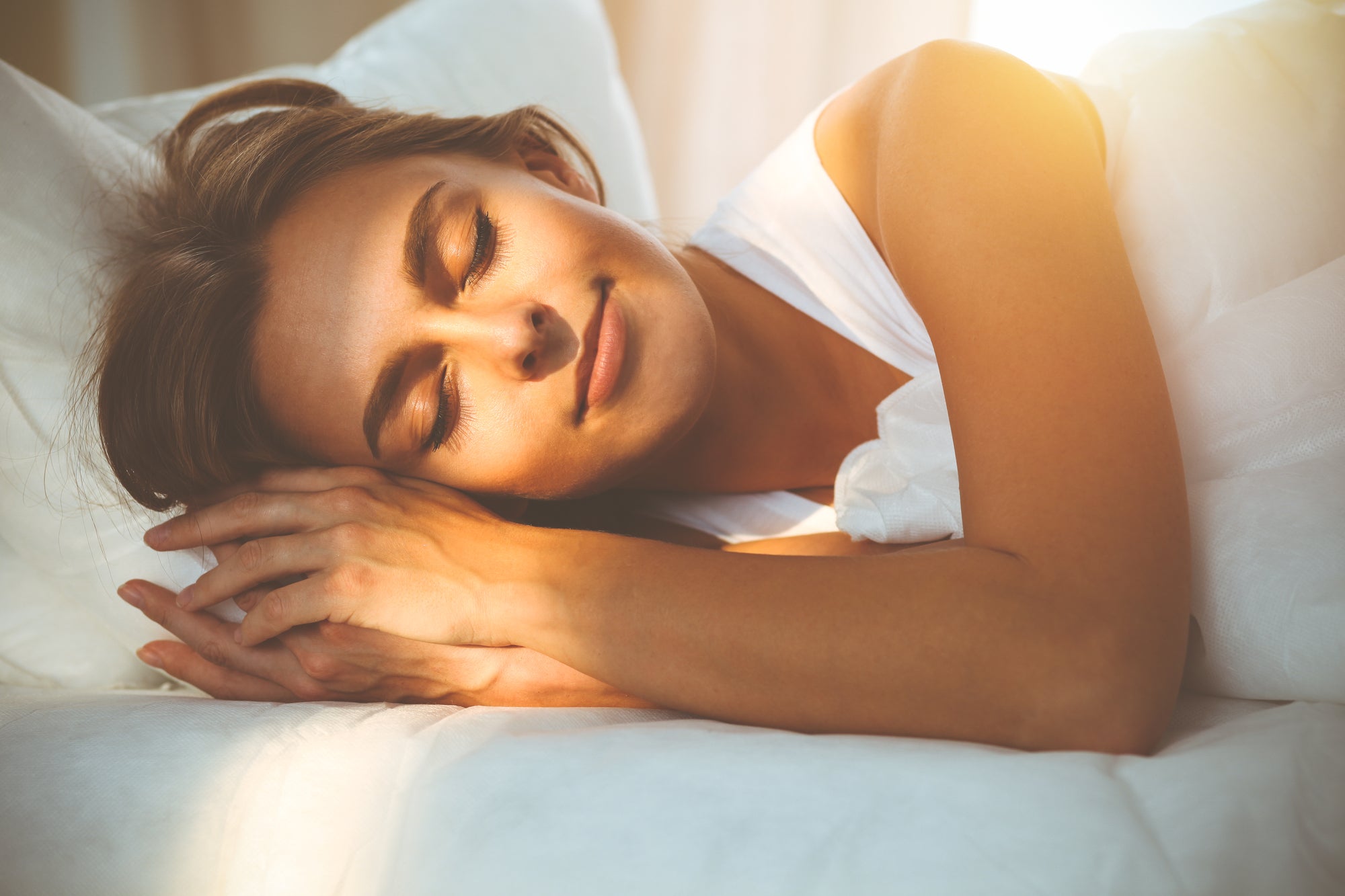

The Science of Beauty Sleep: How Your Sleep Schedule Impacts Your Skin
Turns out sleeping beauty is more than just a fairytale! We all know a good night’s sleep is essential for your body’s overall health and wellbeing, but it also just so happens that there is some scientific truth behind the concept of beauty sleep.
Why is Sleep Important for Your Skin?
Our skin goes into rest and repair mode in the nighttime. In sleep, your skin is free of daytime stressors like UV exposure, extreme temperatures, and dynamic movement, making it an ideal time for rejuvenation. Your skin’s metabolic rate increases at night, while your body’s metabolic rate decreases - this means that your skin cells turn over more quickly at night and the production of new, healthy cells accelerates. Your body’s human growth hormone-levels also rise while you sleep, which further helps to stimulate cell regeneration.
How Does Your Sleep Schedule Impact Your Skin?
Our restorative sleep cycle begins around 11 p.m., whether we’re asleep or not. This means, past 11 p.m. the process of cell mitosis of the skin is at its peak. Cell mitosis is the cell division that occurs in order to renew and repair skin. Some dermatologists say, if you’re awake past 10 p.m. this renewal process can become slowed and even interrupted, which can leave your skin looking aged and tired the next morning.
But other dermatologists argue that the amount of sleep you get per night is more important than the time you fall asleep. A study in the journal Clinical and Experimental Dermatology found that people who slept 7-9 hours a night had skin that was more moisturized and that could protect and heal itself better after being exposed to UV radiation compared to those who slept five hours or less.
Tips For Getting Better, Brighter Skin While You Sleep
1. Sleep on Your Back
Sleeping on your front or side can allow fluid to pool in parts of the face, which can lead to temporary swelling, sleep lines, and more noticeable under eye bags. Sleeping on your back prevents your face from wrinkling against your pillow, which can help keep your skin looking smooth and even.
2. Choose Sheets with a High-Thread-Count
Softer sheets have less frictional forces that may cause the skin to wrinkle and fold as you sleep. A general rule of thumb for thread count is the higher, the better.
3. Incorporate Retinol and Hyaluronic Acid Into Your Nightly Skincare Routine
Retinol naturally exfoliates and accelerates skin cell turnover and hyaluronic acid is a humectant, meaning it draws moisture to the skin. In combination, these two ingredients are great for supporting the skin’s nightly renewal process.
4. Invest in a hydrating night cream
Moisture loss increases at night and hydration is essential for tired, environmentally stressed skin during sleep. That’s why it's important to seek out powerful moisturizers that can keep your skin hydrated the whole night through.
For 24 Hour Hydration Check Out Our Daily Glow Trio!
Sources:
Healthline: 6 Ways to Maximize Your Beauty Sleep for #WokeUpLikeThis Skin | Dr. Dennis Gross Dermatology: Beauty Sleep: How Nighttime Can Transform Skin | Radiance by WebMD: The Truth About Beauty Sleep | Everyday Health: Can You Sleep Your Way to Healthier, Brighter Skin? | Samaritan Health Services: Is Getting Your "Beauty Sleep" a Fairy Tale?
